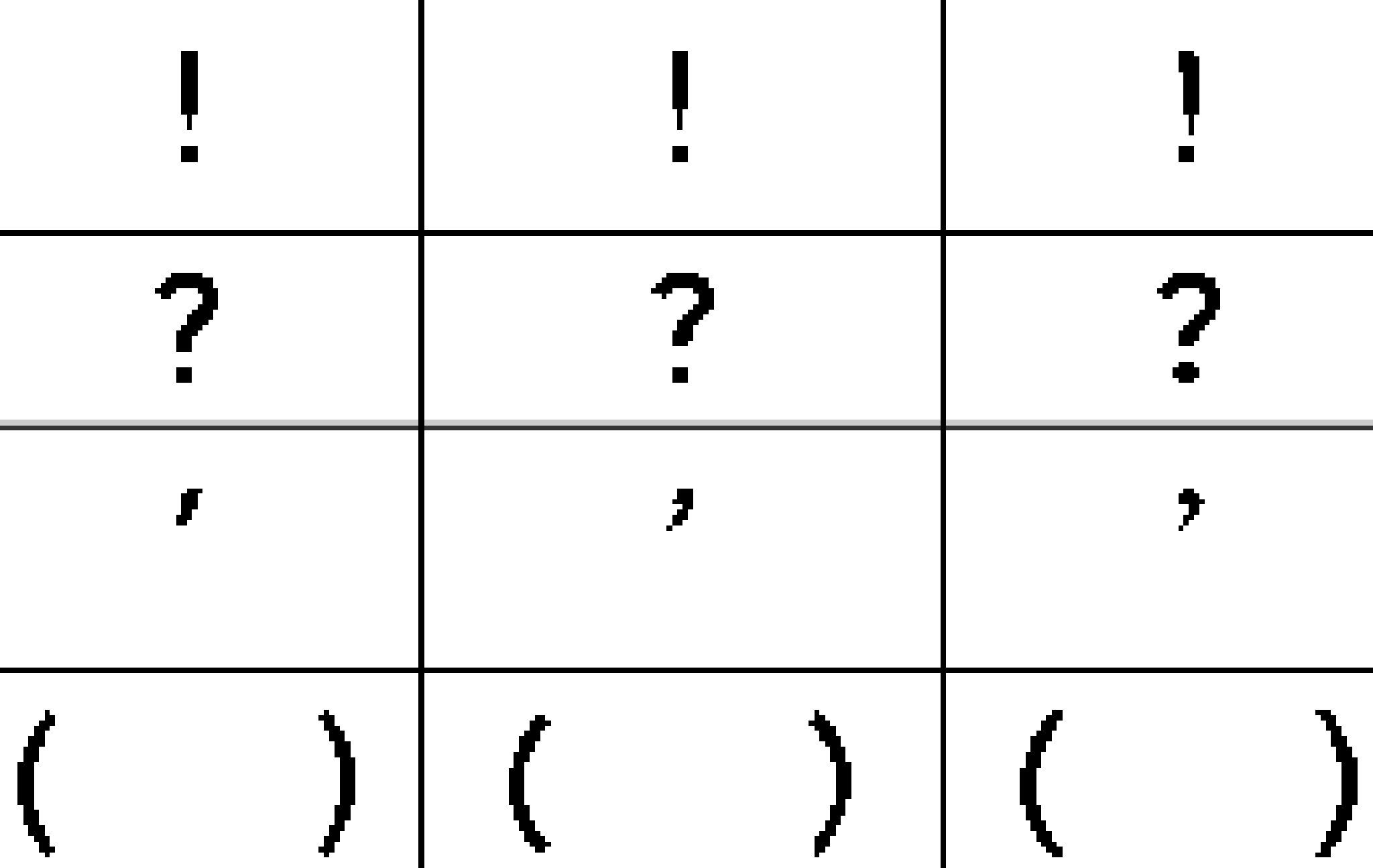Cambridge grammar campaigners secretly add apostrophes to 'incorrect' street signs
The Good Grammar leader warned that now apostrophes are gone, commas could be next

Grammar campaigners have launched a covert operation after a council cut punctuation marks from street signs.
Members of the group have turned to guerrilla tactics, and use marker pens to fill in apostrophes that are allegedly missing from notices in Cambridge. The marks were cut after the City Council ruled they could confuse members of the emergency services.
A street sign which read: “Scholars Way leading to Pepys Court and Fitzgerald Place” is among sings to be made grammatically correct with a marker pen.
Kathy Salaman, Director of the Cambridgeshire-based Good Grammar Company, said she knew who was responsible for the corrections but stressed “[she] won’t be outing them”.
“I haven't done it myself but the person responsible has been in touch and they have my full support,” she said.
"If I was walking along with a marker pen in my pocket and I saw a missing apostrophe, it would be difficult to resist the temptation to fill it in," she added.
Ms Salaman stressed that there is a serious side to the campaign. "I went to a state school in the 1970s and early 1980s and didn't learn grammar and that remains the case for many people,” she said.
“This is not about pedantry, it's about being able to write a sentence which can be easily understood.
"If children are surrounded by incorrect or contradictory grammar, it can be confusing. It could also teach them it isn't important."
“If they start getting rid of apostrophes now, commas will be next, then who knows what?” she asked.
The council has said it is merely following instructions from the National Land and Property Gazetteer, which registers new street names. The rule does not apply to existing signs.
The Cambridge City Council naming policy also bans street names which would be difficult to pronounce or awkward to spell, and any which could cause offence or would encourage the defacing of nameplates.
Councillor Tim Ward, the Executive Councillor for planning, told the Cambridge News: “We are following national guidelines as requested by the emergency services.
"If they change their view we might change our policy, but it's not top of anybody's list of things to do."
Apostrophes are also banned in East Cambridgeshire and Huntingdonshire, but they are allowed in south Cambridgeshire.
Join our commenting forum
Join thought-provoking conversations, follow other Independent readers and see their replies
Comments
Bookmark popover
Removed from bookmarks